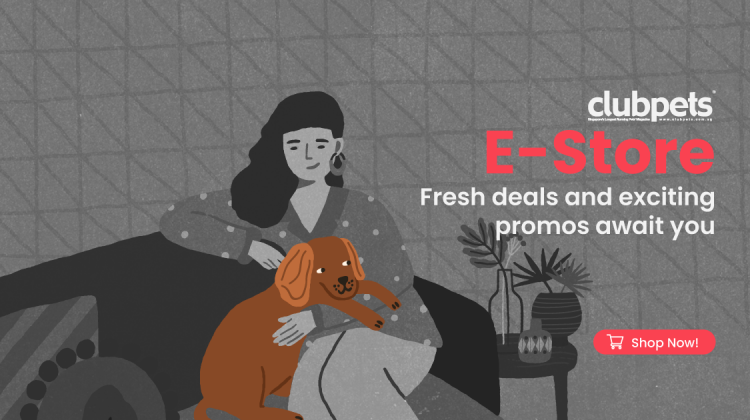A Guide to Caring for Elderly Dogs
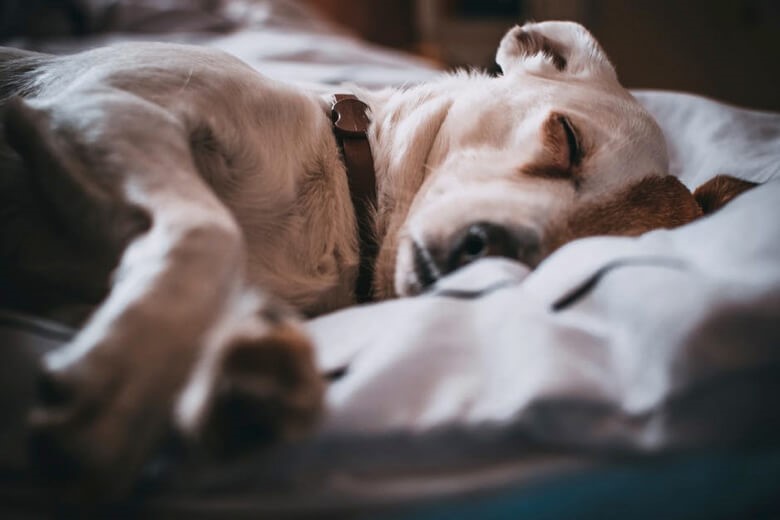
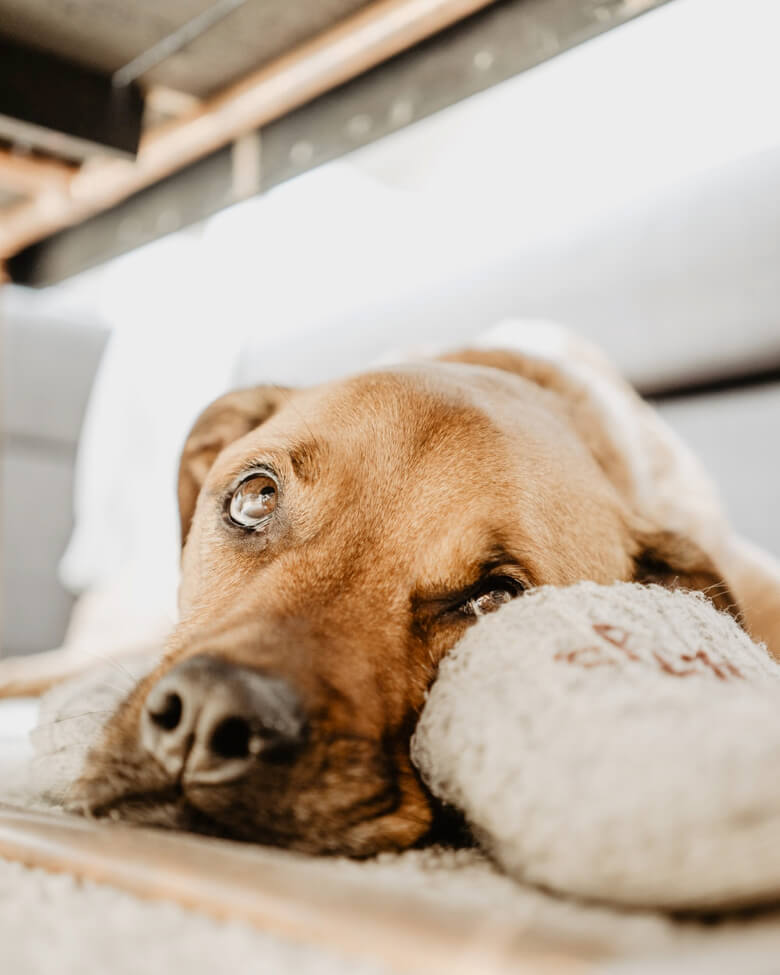
You’ve nurtured and cared for your dog, but as they become older, they will still need your care and affection. From arthritis to dementia, your elderly dog may be suffering from a myriad of diseases, but that doesn’t mean you love him any less.
So, how do you care for your dog when he or she needs you most? Read on.
Signs of Aging

Source: Pexels
For starters, here are some signs of ageing in dogs:
- • Worn down, dull teeth with tartar build up
- • Cloudy eyes
- • Greying fur
- • Aggression
- • Hearing issues
- • Slow movements
- • Anxiety
- • Clinginess
- • Reversed sleep pattern, increased sleep periods
- • Personality changes
Visiting the Vet
The first thing you should do is consult one of Singapore’s many vets. There, a body condition evaluation can be done to determine if your dog is unhealthy. Some indications are underweight, overweight, loss of teeth, hair loss, etc. which could be signs of diabetes, skin disease, cancer, kidney disease etc.
Change of Diet
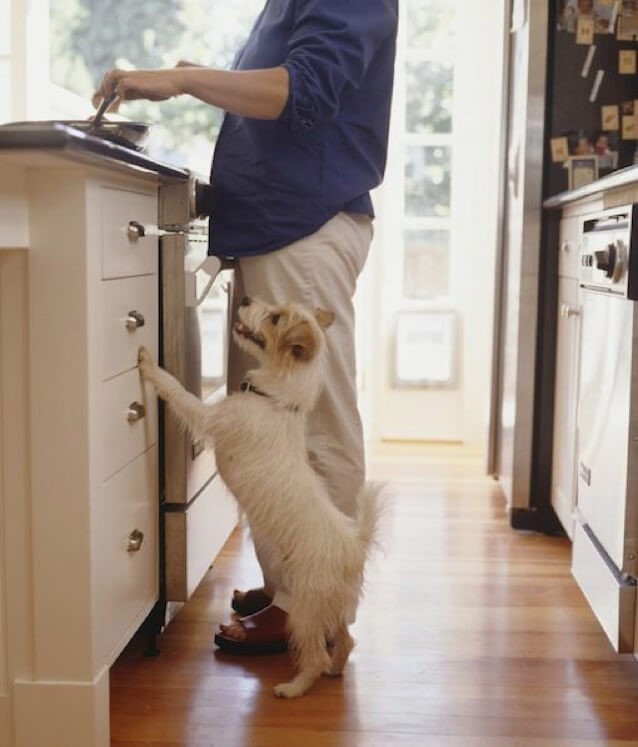
Source: Pinterest
If it is discovered that your dog is not at his or her ideal weight, consider a dietary change and include higher quality foods. A well-balanced, nutritional diet can be preventative against diseases and can save you tons on vet visits.
Exercise
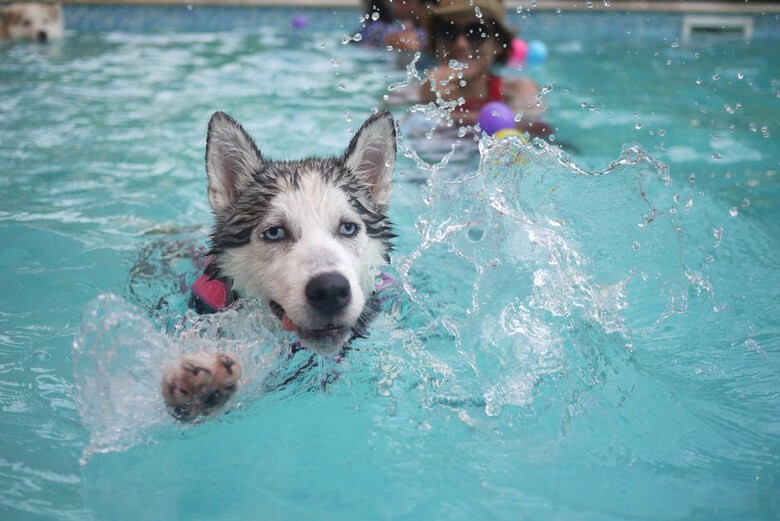
Source: Pexels
You can never be too old to play! Also, it is important to incorporate exercise into the day-to-day activities of your dog. This will help to maintain ideal body weight and strengthen joints and muscles.
Hydrotherapy for dogs is great for canines who have suffered an injury or have some degenerative disease or paralysis. It involves using the properties of water, such as buoyancy, viscosity, resistance, and hydrostatic pressure, to enable the elderly dog to move his or her joints. Hydrotherapy is also recommended for dogs who suffer from arthritis, fractures, hip dysplasia, joint swelling and so on.
The benefits include increased circulation which improves your dog’s skin and coat, an increase in lymph drainage which removes toxins and wastes from the body, better digestion, weight loss and promotes balance and coordination.
Accommodation

When your dog is not eating or exercising, he or she is probably resting. It is important that whatever accommodation you have for your dog is properly set up and is comfortable, safe and warm.
Grooming
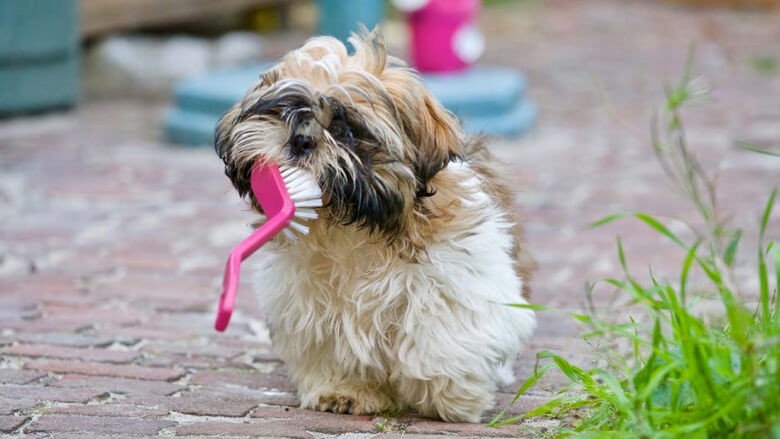
Grooming your dog is very important especially if he or she has long fur which can get matted or tangled easily. Make sure your dog is on a soft surface to prevent slipping (it is best if he or she is sitting down). Use soft brushes and wide tooth combs to gently brush your dog’s coat as quickly, but as carefully as possible. Trim your dog’s nails, along with the hairs under his/her foot and around the anus and eyes. If you do not trust yourself to groom your dog, Singapore has mobile pet grooming companies that are more than willing and able to help you and your elderly dog.
Your dog deserves all your love and care up until their last breath. Show him or her you care by following these tips.

